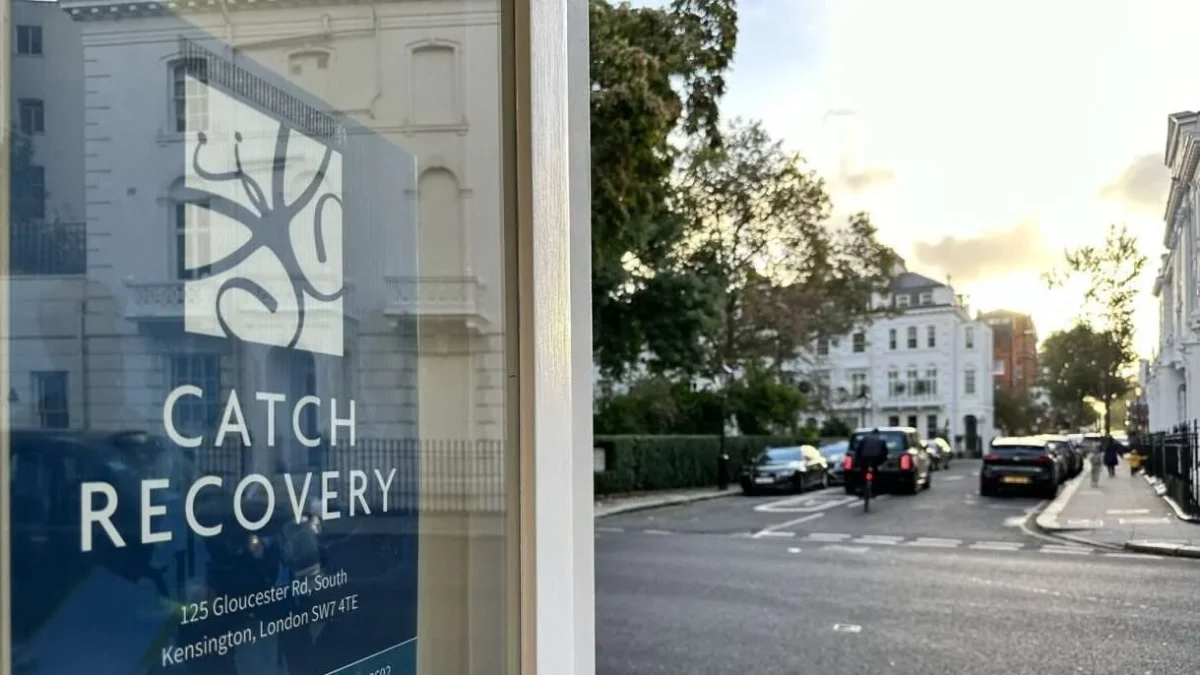
Start Your Addiction Recovery in London Today.
Once a stimulant addiction has developed it can be exceedingly difficult to overcome this habit without help. These types of drugs are known for increasing your mental acuity, and performance, and boosting your self-esteem. Maintaining this false sense of euphoria eventually becomes your main priority.
Understanding the signs and symptoms of stimulant addiction can help determine if you or someone you know is at risk or suffering. It is important to speak in confidence to a trained professional, who can help to assess the extent of the problem and make recommendations for treatment.
What Are Stimulants?
Stimulants are some of the most commonly misused drugs in the world. Referred to as ‘uppers’, they produce instant feelings of euphoria, confidence, and alertness. Stimulants are habit-forming, highly addictive, and can cause severe physical and psychological dependence and addiction.
If you have ever tried to stay awake using caffeine, you’ll know the energy boost it can give you. It is commonly known that having caffeine before bed can disrupt your sleep for several hours; likewise, nicotine and other stimulants act in a similar fashion. Most stimulants are physiologically addictive, meaning that your body gets used to the stimulant and starts to experience negative effects when you don’t get enough. The need becomes greater and greater, the dangers come closer, and your life is no longer your own. Think about how difficult it is to quit smoking.

Download Brochure
Stimulants are psychoactive drugs that give the perception of enhanced brain activity and bodily functions. You may feel more energetic and focused, whilst other functions such as blood pressure, heart rate, and breathing levels may increase. Different types of stimulants include caffeine, nicotine, cocaine, methamphetamine, amphetamine, and prescription stimulants such as Adderall and Ritalin. Medicinal stimulants are typically prescribed for disorders such as attention deficit hyperactivity disorder (ADHD), narcolepsy, anxiety, and depression.
Stimulants are also known for their depressing comedowns; when the drug is exiting the system. Depending on the strength of the stimulant and how much is taken, the comedown will vary in intensity. Smokers who haven’t had a cigarette for a few hours might feel anxious, irritated, and sometimes aggressive. Cocaine or meth users, will experience an intense crash and often feel depressed.

Find Out if Outpatient Therapy Is Right for You
Different Signs of Stimulant Abuse
What makes it hard to identify a full-blown stimulant addiction are the performance-enhancing effects. To an untrained eye, the seemingly positive effects and changes in a person may appear innocent and harmless. Unfortunately, being addicted to stimulants means you will be constantly chasing a high, often leading to negative consequences in your life; consequences you may not immediately see for yourself. If you’re struggling with stimulant abuse there are different physical, behavioral, and emotional signs to be aware of such as:
Physical Signs of Stimulant Abuse
- Hyperfocus
- Excessive energy
- Increased arousal
- Restlessness
- Racing thoughts/speech
- Rapid heart rate
- Insomnia
- Sensitive to touch
- Loss of appetite – often leading to malnutrition
- Weight loss
- Organ failure
Behavioral signs of stimulant abuse:
- Deception/lying
- Doctor shopping/meeting with multiple doctors to get a prescription
- Mood-swings
- Violence
- Anxiety
- Risk-taking
- Impulsivity
- Paranoia
What Causes a Stimulant Addiction?
A stimulant addiction can begin in a variety of ways. Someone with a prescription for stimulant medications could build a physical tolerance to the drug, the same way as someone using it illicitly. They may gradually increase their dose independently to feel the effects of the drug more intensely, often leading to physical and psychological dependence. Students, professionals, and athletes may begin using stimulants to enhance their performance, and with continued use, this may lead to an addiction.
Individuals with chronic depression or other mood disorders may turn to stimulants in order to fight against negative emotions, eventually losing their desire and ability to stop using the substance. Stimulants are also used recreationally. A person may use these drugs at a concert or party to increase their experience of pleasure, however, the euphoria may be too good to give up and they continue to use the drugs, using more regularly and then needing increased amounts to have the same experience which can ultimately lead to dependence and addiction.

Dangers of Stimulant Abuse
Stimulants are especially dangerous because of their addictive nature. They can cause short and long-term damage to your health. Abusing stimulants to enhance athletic performance is particularly dangerous because stimulants increase blood pressure. Physical exertion paired with stimulant use makes a cardiac arrest or a stroke even more likely. Misuse of such medication outside a doctor’s prescription can lead to dangerous side effects such as paranoia, heart failure, physical and psychological addiction, and seizures.
Long-Term Effects of Stimulant Abuse
Tremors
Trouble sleeping
Heart issues
Tooth decay
Brain damage including strokes and possibly epilepsy
Sudden death
Permanent damage to blood vessels
High blood pressure
Destruction of nose tissue if sniffed
Respiratory issues when smoked
Infectious diseases if used intravenously
Weight loss leading to malnutrition
Disorientation
Psychological and physical dependence
Psychosis
Damage to vital organs
Treatment for Stimulant Addiction
Recovery from stimulant addiction is possible for those who wish to break the cycle of substance misuse and live a life free from addiction. Stimulant addiction treatment usually consists of a detox where necessary, followed by intensive psychological therapy. This can be done on an inpatient or outpatient basis, based on your individual circumstances. If you think you may have developed a stimulant addiction, or you’re concerned about someone you care about, get in touch with CATCH Recovery to find out how we can help you begin your journey to sobriety.
You can call our admissions team for your free addiction assessment, and they will be able to advise you on the next steps.
Our outpatient clinic is based in South West London, which is accessible from anywhere in the UK. If you need support but don’t live in the South East of England, you may benefit from the tele health services we offer. If you require residential rehab, we also provide referrals to rehabs in the UK and Ireland. Call us today to discuss the different options that are available.